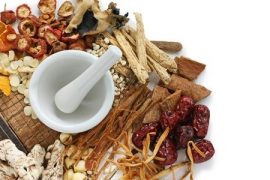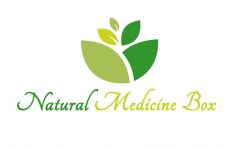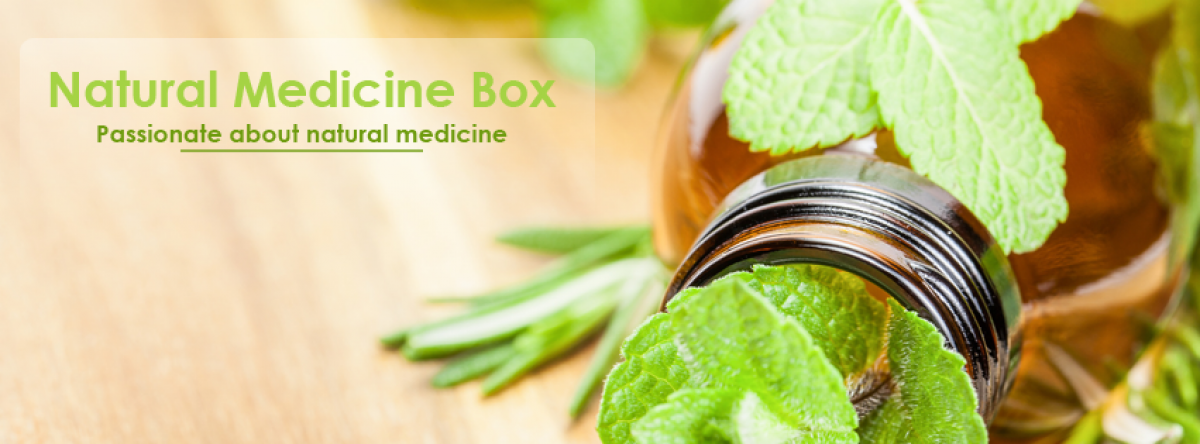1. Burdock Root
Burdock root (arctium lappa) is native to northern Asia and Europe. Historical texts described burdock root as a blood purifier. Ancient Chinese physicians would treat venereal diseases, kidney problems, skin conditions, and respiratory issues with this root. It was well known in Medieval Europe for treating gout, pneumonia, and arthritis. Recent research shows that burdock root is very effective at removing the cancer causing toxins that accumulate in our digestive systems when certain foods are not properly digested. There are several anti-cancer herbal compounds that have used burdock root as a base including “Flor-Essence,” and “Essiac.” In fact, one anti-cancer formula sold and marketed in 1919, called “Hoxsey,” was burdock root.
Some herbalists state that burdock root can stop cancer cells from metastasizing. It is often used in India and Russia for the treatment of cancer. Burdock can be used safely, except for those who are on potassium lowering diuretic therapy, as it contains fairly high quantities of potassium.2. Grape Seed
Several studies have shown that the phytochemicals in grape seeds have anti-tumor or strong potential cancer preventative abilities that can be isolated from the seeds themselves.Proanthocyanidins are especially worth noting, as these have been found to stop pancreatic cancer cells from spreading or migrating.
One research team at the University of Colorado showed evidence that grape seed extract was effective against colorectal cancer. Extract from grape seed extract induced the death of these types of cancer cells. In fact, the more advanced the cancer cells were, the better the grape seed extracts seemed to work at limiting the growth and survival of cancer cells. Grape seed extract was not only causing the death of cancer cells, but it did not harm healthy cells.
The proanthocyanidins in grape seed extract have also been reported to inhibit the creation of new blood vessels and to arrest the growth of colon tumors. Proanthocyanidins accumulate in large amounts in the colon because they are not well absorbed in the stomach. This is good news, as the proanthocyanidins can stop cancer cells more efficiently as they build up in the colon.
3. Ginger Root
Gingerol, the active ingredient in ginger root, has gotten a great deal of attention, especially in clinical trials, in an attempt to determine its potential to stop or prevent certain cancers. Results from these pharmacological experiments show that ginger might inhibit the growth of tumors in human beings. In cases of ovarian cancer, researchers found that gingerol caused cancer cell death, reduced inflammation, and improved immune function. Research also shows that gingerol might offer protection from colon cancer as well. In many Asian countries, especially in India, ginger root is a part of their everyday diet. India has some of the lowest cancer rates of any country in the world. Ginger is a natural anti-viral, anti-fungal, anti-parasitic, antioxidant, and antibacterial. Ginger is best consumed from the fresh, organic root. Use it in tea or grate some into vegetable dishes. If the flavor of ginger is not to your liking, almost all health foods stores sell ginger supplements.
4. Goldenseal
Goldenseal is native to North America and has been used for hundreds of years by the Native American people to treat numerous infections, including infections of the mouth, throat, or gums. This plant is related to buttercups and was once so popular that it was harvested almost to the point of extinction! Goldenseal is a key ingredient in many mouthwashes and toothpastes due to its antibacterial compounds which prevent tooth decay and kill bacteria. The powerful compound in goldenseal, berberine, has antibiotic compounds. This herb is currently undergoing scientific tests to see if it can lower cholesterol, and by lowering cholesterol levels, it lowers the risk of developing certain types of cancer. One of the main problems with manufactured goldenseal supplements is that there is little or no oversight as to how much of the active ingredient each capsule contains. Care should be taken with goldenseal and it is best used under the supervision of a doctor or herbalist as high doses can become toxic.
5. Aloe Vera
You might only think of aloe vera as being therapeutic for burns or skin irritations, but there have been very promising treatments using aloe vera for the treatment of certain types of cancer. A review of aloe vera showed an extensive amount of data from the literature regardingdermatology studies as well as clinical trials that supports trying aloe vera in clinical trials.
Aloe vera has been around for centuries, with the earliest known references to its medicinal use being from the ancient Egyptians, who also used it for skin problems.
Aloe vera contains a compound called 1.8 dihydroxy-3 (hydroxymethyl) – anthraquinone (AE for short) which has been proven to cause cell death amount human bladder cancer cells. AE has impressive anticancer effects. It stops cell viability as well as stopping the G2/M of the cell lifecycle.
Aloe vera, when taken in larger quantities or over a long period of time, is a powerful laxative and care should be taken not to become dehydrated. Always speak to your doctor as herbalist if you plan to consume aloe vera orally.
Next: Wonderful Turmeric
The Healing Power of Herbs and Plants that May Fight Cancer





Absolutely love everything like this